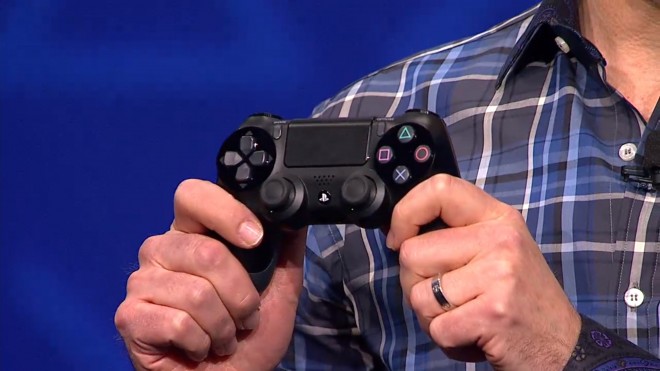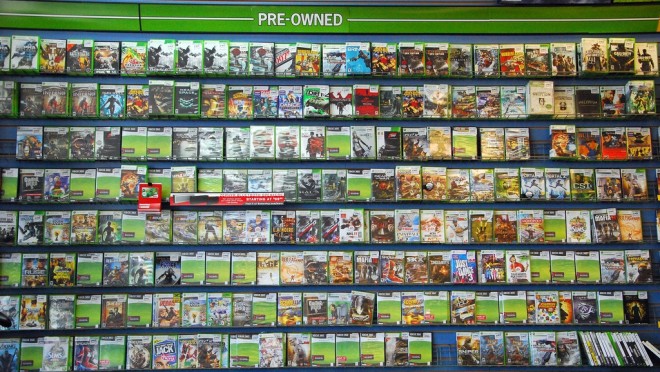This post has not been edited by the GamesBeat staff. Opinions by GamesBeat community writers do not necessarily reflect those of the staff.
It’s no secret that upon Microsoft’s announcement of the Xbox One earlier this month, the majority of console gamers were beyond disappointed and rather furious. The biggest issue they’re upset about is that Microsoft will charge players a fee to activate a used game on their console. Of course, it never actually confirmed this during its conference — the information came out through interviews — but Microsoft’s response has been rather dodgy and unclear, and its policy on used games is more confusing now than ever.
What most of us have concluded is that the Xbox One will require titles to be installed to the console’s hard drive, at which point that particular game copy will be assigned exclusively to a single user, which supports the “always online” theory (a question that Microsoft continues to avoid answering). If a player were to insert someone else’s game into his Xbox One, he would have to pay a fee to run it.
Outraged, many gamers have turned to the upcoming PlayStation 4 for salvation. Sony’s system does appear to outdo the Xbox One in many areas, especially gaming as a priority (ironically enough). It seems as though the general consensus is that the PS4 will dominate over the Xbox One during the next console cycle, which is possible. One deciding factor that has already swayed gamers in one direction is the assumption that the PS4 will hold no restrictions against used games. This, however, is only an assumption at this point. Will the PS4 really allow us to play used games at our leisure?
The fact is, we know little to nothing about what sort of used-games policy Sony has in store with the PlayStation 4. Back in February, after the company revealed the console, people asked Sony whether it would block used games. We learned that games will function on the PlayStation 4. OK, they will function … but how? The truth is, we don’t know. It wasn’t until after the Xbox One’s regulation on used games became a problem that anyone thought to question Sony’s statement, but since then, journalists have begged for more information to little avail.
When asked about possible fees on used games with the PlayStation 4, Sony said, “We will do the right thing.” This is still as cryptic as ever. The right thing for whom, exactly? When the media asked Sony about a block on used games at a much earlier date, the company said it was “against the idea,” creating confusion later on. In the end, it might not be up to Sony completely.
The biggest issue with used games in the industry is that publishers and developers are losing out on profit whenever someone purchases a used copy of one of their titles. When we purchase buy used from a store like GameStop, our money is going to the store, not the companies that made the game. This has been taking a toll on them for years. It’s likely that they have more to do with blocking and/or charging for used games than the people making these consoles.
If able, publishers would probably push for console developers to keep more of their profits because retail stores such as GameStop make quite a sum off used games. If this were the case, it’s unlikely that companies would lock out used games on one major console and not the other: a fee on the Xbox One but not the PlayStation 4. Whether we like it or not, there is a good chance that Sony has a similar policy in mind for the PlayStation 4. Of course, like the majority of gamers, I sincerely hope this does not happen, but we shouldn’t be surprised if it does.
Used games are a staple of gaming. For many, the prospect of finishing a game and then passing it on — and making a little money for another purchase — is vital. Not everyone can afford multiple $60 titles every month. It can be a hassle to keep up with every major release, and if gamers were unable to save money this way, it would be a huge blow to the entire industry despite what Microsoft and Sony might think. If we can’t afford it, we won’t buy it.
On another note, a recent study has predicted the effects on the game industry in light of the possible death of used games.
We will have to wait until this year’s Electronic Entertainment Expo (E3) this month to get the full story on these consoles, but until then, gamers everywhere — and probably even retailers — will be biting their nails in suspense.




